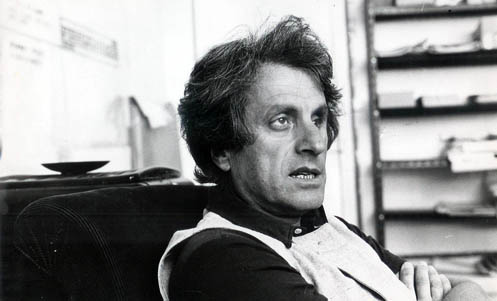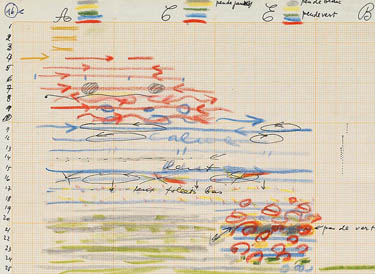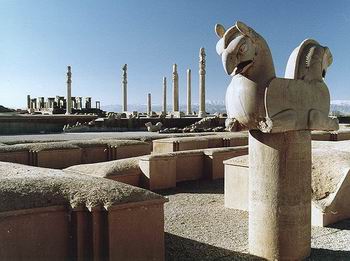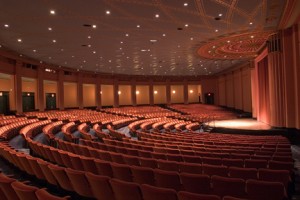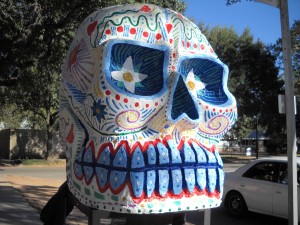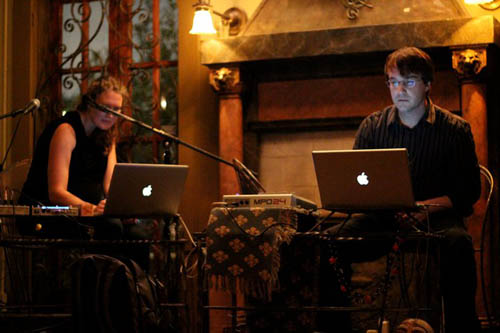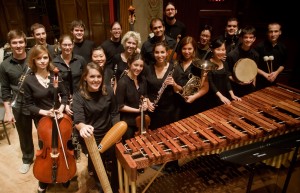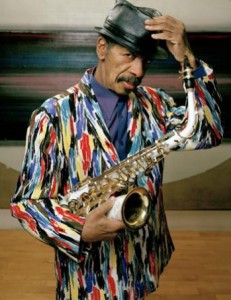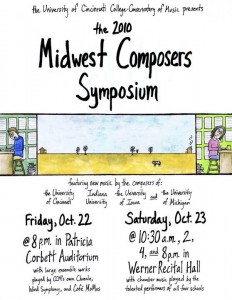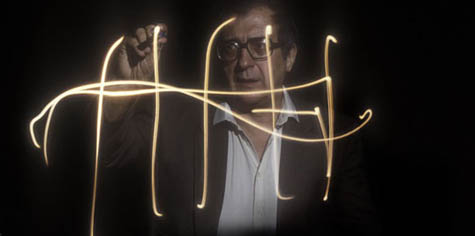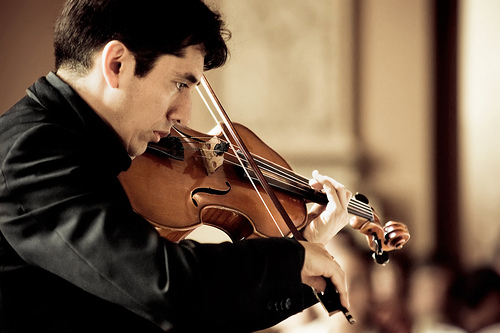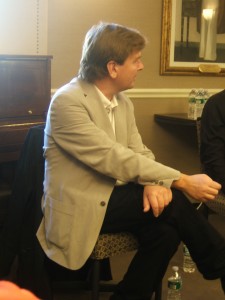
[As part of my residency at the NEA Journalism Institute for Classical Music and Opera, I had to write an overnight review with a word limitation–something I hadn’t done in 15 years. What follows was my original story; an edited version appeared on our private web site where our reviews were posted.
I was very impressed with how the NY Phil turned a performance of a relatively obscure 25-year-old work into a must-attend event. The last time I saw that much excitement about a contemporary orchestral instrumental work was back in the late 1980s in San Diego, when a Soviet arts festival brought composers, musicians, and actors to town for a year-long festival. How did the NY Phil get the city so excited about an old work by its composer in residence? When I get a chance between my current assignments, I hope to post an essay about that.]
Strident steel tintinabulations and dull metallic clanking invaded Avery Fisher Hall Tuesday evening (Oct. 12), where, minutes earlier, the music of Debussy and Sibelius, and the virtuosity of violinist Joshua Bell had delighted audience members.
That clangor wasn’t the 1 Train filtering up through the floor; it was the New York premiere of Magnus Lindberg’s Kraft. Fortunately the New York Philharmonic’s front office had prepared listeners for these sounds through videos and feature stories documenting Lindberg’s shopping trip at a local junkyard, turning this chapter of his two-year residency into a cause célèbre.
Alan Gilbert’s humorous but earnest explanations before Kraft also broke the ice for nervous patrons sitting near a 50-gallon storage drum or a large tam-tam suspended from the ceiling, providing them with aural signposts in Lindberg’s wild soundscape.
Lindberg’s style these days, although clearly modern, is also accessible to audiences, a polished language marked by rhythmic propulsion and dissonant but perceptible harmonies. Lindberg was an enfant terrible when he completed Kraft in 1985; its brute primitive force, imaginative orchestration, and exuberant theatricality immediately distinguished him from the droves of European modernists trying to emerge from the shadows of Boulez, Xenakis, or Ferneyhough.
Kraft is a contemporary concerto grosso, where the soloists not only play piano (magnus Lindberg), clarinet (Chen Halevi), cello (Carter Brey), timpani (Markus Rhoten), and percussion (Christopher Lamb and Daniel Druckman), but also hammer and scrape found objects from the New York area, most of them appearing to be old auto parts and iron gas cylinders. These solos are then spatialized on speakers (done skillfully by Juhani Liimatainen).
